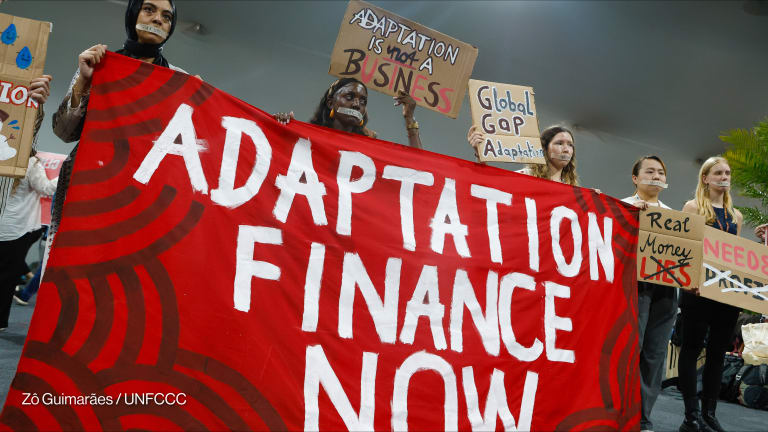
It seems that everywhere you turned in 2014, the talk in international development circles was all about public-private partnerships: how to define, build, sustain and make them successful.
Of course, public-private partnerships in development are nothing new. But both business and development professionals are struggling to find a common language to talk about them. It seems that the very definition of a PPP can shift with the winds.
More important than the definition is understanding key factors to ensuring the success of PPPs. Here is what businesses, governments and those in the international development community need to understand:
1. Focus on what’s sustainable.
Corporate social responsibility is different than activities that enhance the value chain and help bring a product or service to market. One is nice to do, and the other is mission critical. Why is this important? Because when corporate budgets become tight, many CSR programs are the first to go by the wayside. But when a public-private partnership is aligned with a business’ core mission, it has the chance to produce successful outcomes for society and business.
Coca-Cola, for example, sought to improve the quality of drinking water in a community. The company has a long-term motivation to ensure that its drinking water is clean and that it has fresh sources of water to make its products. This is less about corporate social responsibility and more about business reality. It is attractive because it is enduring.
2. Demand a plan and get the vision right.
Anyone can come together and create a public-private partnership but there must be a plan and a governance structure in place to avoid duplicative efforts, conflicting efforts or just outright chaos. The appropriate PPP will be aligned with local development efforts. The successful PPP will be driven by an organizing principle and shared vision between government, business and civil society.
Focus should be placed on how the PPP will contribute to the systems of the community, such as public health, education, social safety net, as well as the business benefits. Articulating and documenting the commitments that all parties are making to the PPP is fundamental. PPP leaders must maintain transparency and communications among the partners and be able to engage in, and implement, active, adaptive decision-making.
3. Engage a neutral broker.
There is an emerging role in bringing together various audiences and interests — from business and the international development community — to create public-private partnerships. We often hear that many PPPs fail because the groups involved don’t understand one another and have different aims. It’s not that these groups must “speak” the same language of international development or business. It’s that we need translators — people who are “multilingual” and understand the needs and motives of business, development and the communities where PPPs work.
The neutral broker can assist in identifying and explaining the potential productive intersection between community interest, business purpose and sustainable development plan. The broker can also facilitate effective communication and active follow up so that the initial enthusiasm for the partnership does not easily wane and get lost in miscommunication, confusion and inertia.
People have different ideas about what public-private partnerships mean. What we should be focused on is what such partnerships really are: relationships. The prevailing question will be “Can you build and guide a relationship to a positive purpose?” Let’s stop wasting our time trying to find a single definition for PPPs. Instead, let’s look at the nexus point where our different definitions, perspectives and interests in public-private partnerships should intersect: sustainability.
Devex, in partnership with Abt Associates, is examining lessons learned through partnership development, what scale means in the post-2015 agenda and how to create an enabling environment for partnerships in this special three-week series “Collaboration Post-2015: Where Can Partnerships Take Development?”
Join Devex to network with peers, discover talent and forge new partnerships in international development — it’s free. Then sign up for the Devex Impact newsletter to receive cutting-edge news and analysis at the intersection of business and development.








